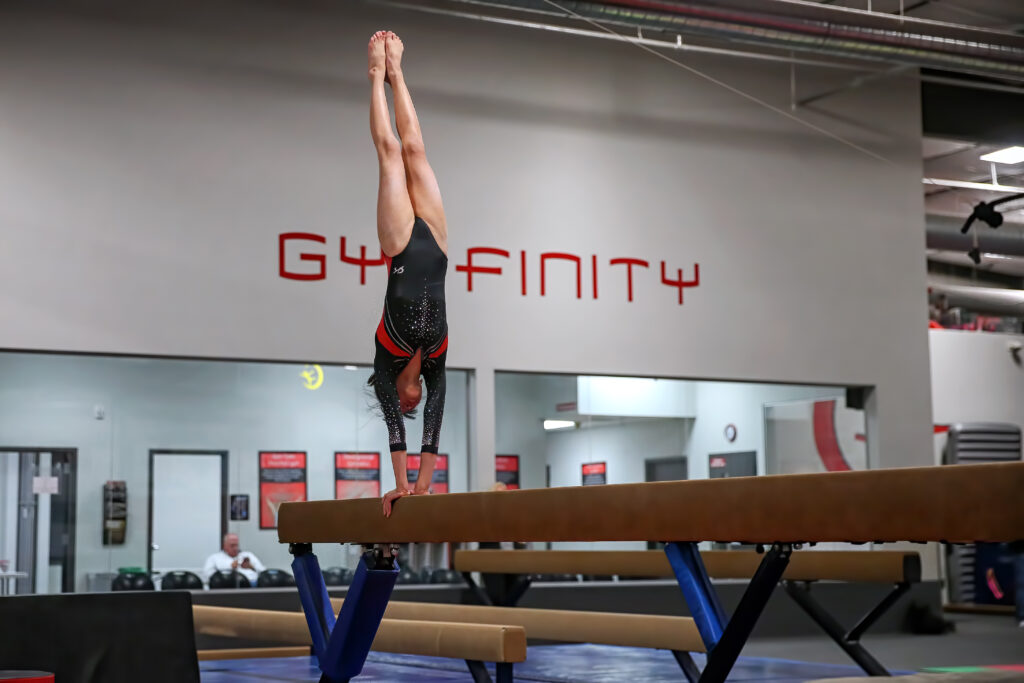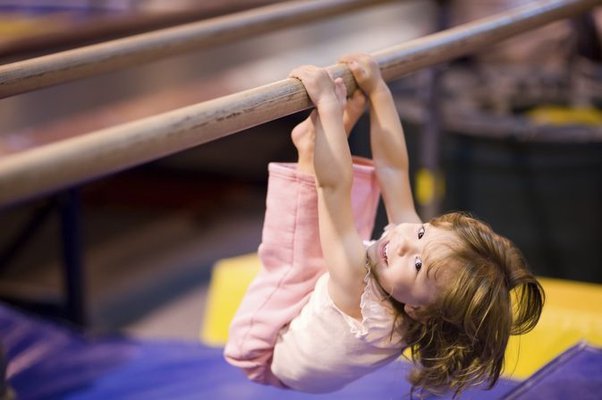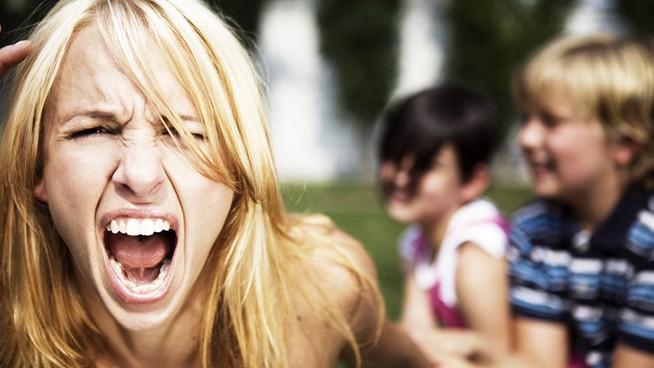Teaching
Encouraging Our Young Athletes Toward Success
If you focus on simply beating others, even a medal around your neck won’t bring real fulfillment. But if you compete to meet your own standards, to be better than you were yesterday, then you’ll find true satisfaction. Victory is about growth, not just trophies or medals.
Read MoreWhat will my child gain by being in gymnastics?
Gymnasts (along with other athletes in other sports) learn about teamwork, sportsmanship, fair play, dedication, perseverance, goal setting and planning.
Gymnastics shows children that rewards are….
Read MoreHow to support your athlete
Remember and share with your child that their worth is not based on the outcome of a game, meet, class, or score. Helping them to understand that no outcome is final and that tomorrow begins the opportunity to change the result you had today will help your child understand and deal with the frustrations that come with sports.
Read MoreWords that can make a difference
Sometimes, when you least expect it, hearing someone say “thank you” can really lift your mood and give you a burst of energy. And when you feel appreciated, you’re more likely to spread that kindness to others. It’s like a wave that keeps going.
Read More6 Points to help the ride home after practice
Kids as early as 4 years old can detect false emotion. Saying something like “I don’t care how you did today, I love you just the same” is a great message. But the phrasing is cliched and will put a pre-teen or older child into defense mode. Child behavior specialists will tell you how important it is to say this and I agree, but as a coach I can tell you that cliches and following expert scripts will have the opposite effect from what you were looking for. Better yet, make a comment on how proud you are for effort, hard work, progress, or anything that will reinforce that you were actually watching. Their effort is really the only thing that they can control. To compliment it means you value what they did and who they are.
Read MoreKids milestones: growing in Gymnastics (part 2)
By this age, coaches can interact with specific skill stations while others can be self-directed. The kids become more aware of others’ feelings (empathy) at this age. Some time is given in class for team building activities, things like team challenges, or games can help develop a sense of feeling for, and with, other people. They are beginning to understand cause and effect relationships. Classes help them understand that certain movements or patterns will cause specific results. For example putting the arms out to the side while turning makes the turn slower and often can lead them to be off center. Understanding these relationships allows them to understand why they have specific techniques to skill performance.
Read MoreWhat age should kids start gymnastics?
They really think being upside down is an interesting perspective. Kids love to see the world differently whether hanging upside down or supporting themselves with their feet elevated. This perspective change is fun and stimulates the vestibular apparatus in the inner ear even more. Kids are experiencing the joy of independent movement and are ready for more challenges now that their first attempts are “mastered”.
Read MoreHow To Win
It’s all about cultivating the habit of achievement. Why a person learns to set and work toward goals it eventually just becomes a habit. Whether it’s training in a sport or buckling down academically, accomplishing goals is something you can practice and get better at over time.
Read MoreWhy kids Need to Play (or Exploring the Impact of Movement on Learning and Development)
Effective communication between these brain departments is essential for learning, highlighting the importance of movement in facilitating neural connections. The more we can “ship in” forces communication between departments and reinforces the efficiency of operations in general. The company grows and becomes very efficient with the departments working together to make new shipments even easier to receive and process.
Read MoreYouth Sports and the “Goldilocks” dilemma
As a coach I have seen parents that are too hard on their child, pressuring them to win at all costs. Result? The child wants to throw in the towel, pack up the grips, and call it quits. On the flip side (gymnastics pun), a parent who’s too laid-back and disengaged sends a message that commitment and involvement are about as worthwhile as a crooked balance beam. The child loses interest, and sports become just another forgotten thing they tried….once.
Read More









